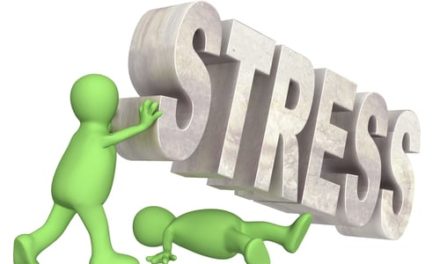A jobless person can attest to the fact that the loss of a position and the income provided is only the tip of the iceberg. It is so much more involved.
In an article posted elsewhere on this site, we discussed some of the factors that influence the way people initially react to a layoff. On this page, we’ll examine the actual impacts of job loss regarding:
– The meaning of work and the changes that occur
– The emotional, physical, and behavioural effects on the individuals
– Strategies for coping with the loss
First, let’s examine the satisfaction of working or the meaning you derive from work.
When individuals experience an involuntary job loss, the sudden loss strips away all the workplace represented by that person. If you haven’t already started to assess the impact of having lost your job, it may be useful to explore what work means to you. By identifying what work means to you, you’ll be better prepared to understand and accept the reactions and feelings you may encounter from the loss. Your spouse or “significant other” may also wish to assess the meaning of their work to understand better what you are experiencing.
Take the time to consider whether a career change is in order when jumping into a job search.
1) Accept responsibility for your life
2) Be objective
3) Know your inner resources
4) Take a positive approach
5) Be realistic and flexible
6) Recognize the danger signs
7) Don’t attempt to cope alone
8) Take it one step at a time
9) Take control of your life
Discovering ways to deal with your job loss is a necessary step to completing the healing process. For the unemployed individual, this must take place on two levels, Personal and Professional. It will be required to activate some different coping strategies, such as those listed below.
Personal
– Do some career planning – make some decisions about whether or not to make a career change.
– Take the time to examine trends in the labour market.
– Consider upgrading/retraining – use your time to develop yourself further.
– Network- continue to build your contacts.
– Plan a daily list – set goals each day and maintain a record of your activities.
– Develop a strategy – this will vary depending on whether you are planning a new business or finding a new job. Pace yourself.
Professional
– Set up a support network – see the “Developing a Support Network” section of this site.
– Set some personal goals – you need to strive for something.
– Keep active in mind and body! – nutrition and fitness are essential to your well-being.
– Redefine yourself outside work – you can create a diversion by engaging in enjoyable activities.
– Establish a routine – get up each day with a plan of action.
– Increase you self-esteem – spend time with yourself. Do things that make you feel good about yourself.
– Laugh and cry – both activities release endorphins and can be very therapeutic, so don’t inhibit these responses.
– Seek consultation – obtain professional help if you feel the need.
Thus far, we’ve discussed mainly the unpleasant side of a layoff, and ways to cope during the tough times. Let’s take a moment to explore the flip-side of the coin, so to speak, the silver lining they say exists in each cloud.
Can you identify anything positive that has resulted from your layoff?
When asked this question, many interviewed people were able to recognize the gains quickly. For others, it took more serious reflection and a genuinely open mind before they could acknowledge one or two positive changes created by the layoff. The following is a sampling of some of the benefits interviewees identified as a result of their layoffs:
– More time with spouse/partner
– More time with children
– More time for hobbies/leisure activities
– Time for self
– Time to get involved in community activities/volunteer work
– Reduced level of stress
– Opportunity to explore options (new occupation, retraining, etc.).
– A fresh start.
– Increase in salary and benefits at a new job.
– Time to participate in specialized interest courses.
– Severance provided income to start a new business.
– Opportunity to make a much-needed change.
– Re-organized priorities.
– New friends/contacts.
So, where’s the Silver Lining?
© Wordscapes® (David Turner). All Rights Reserved.




